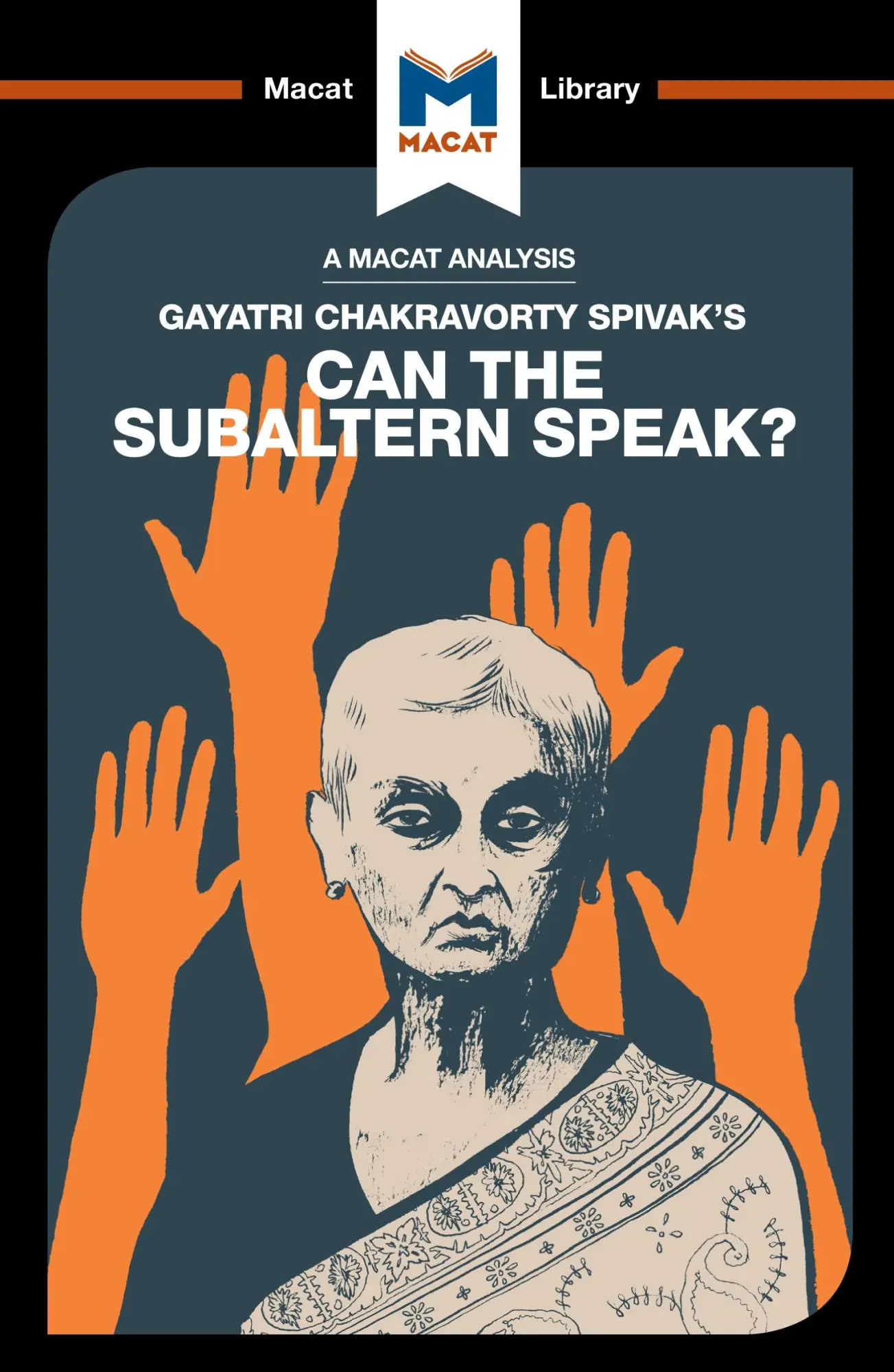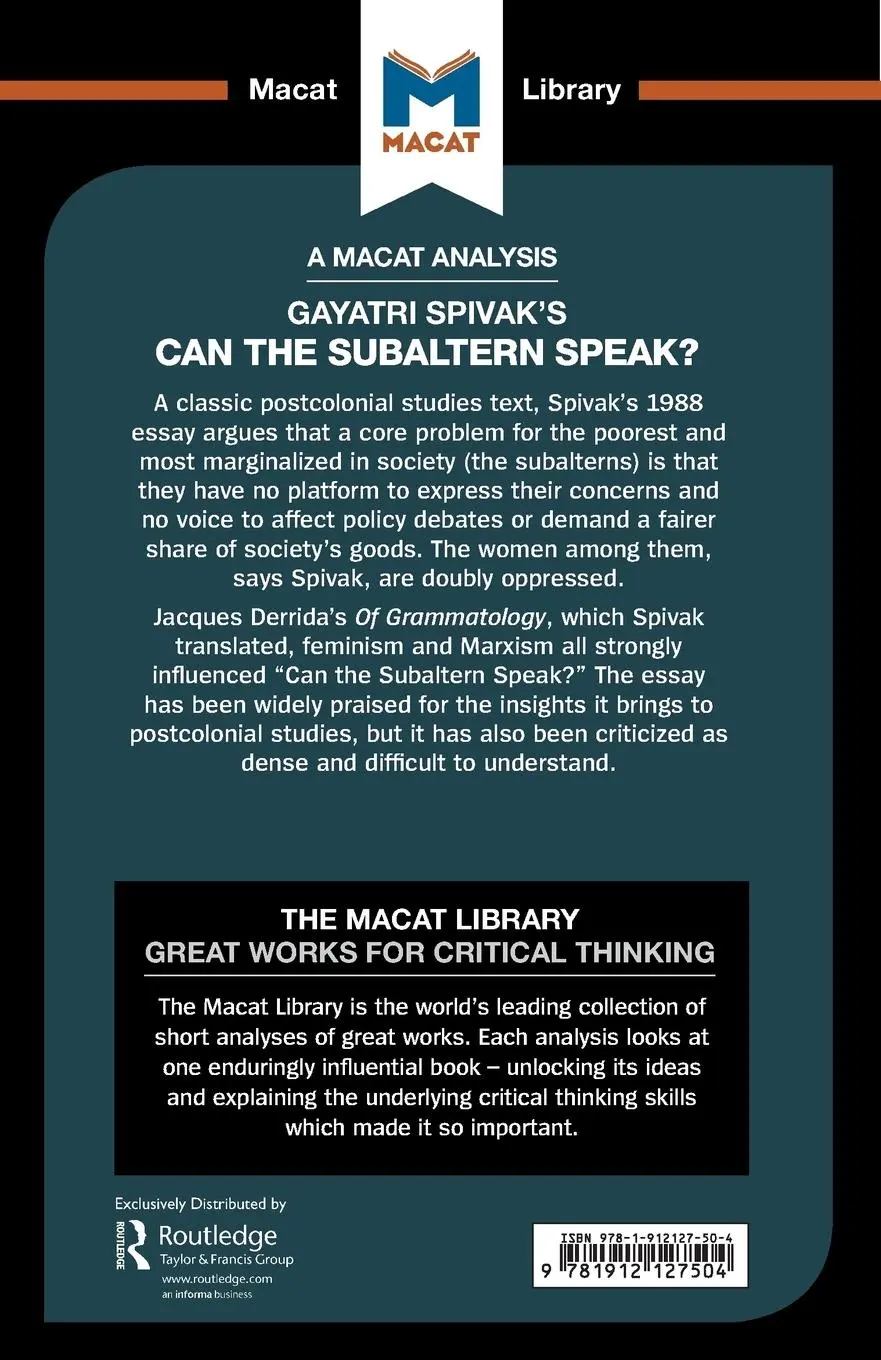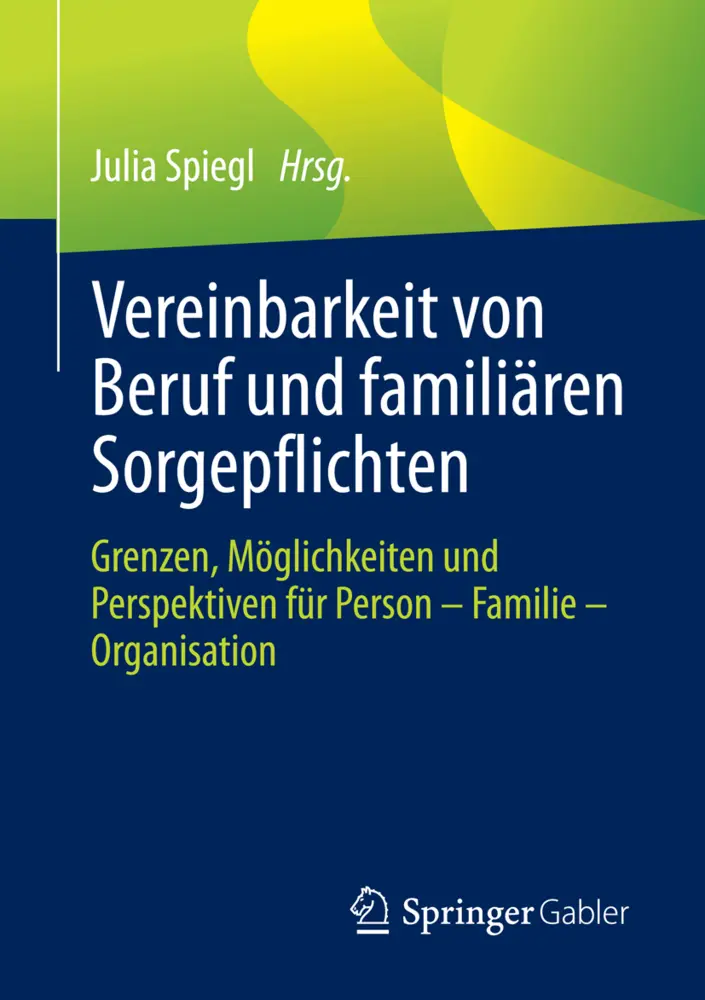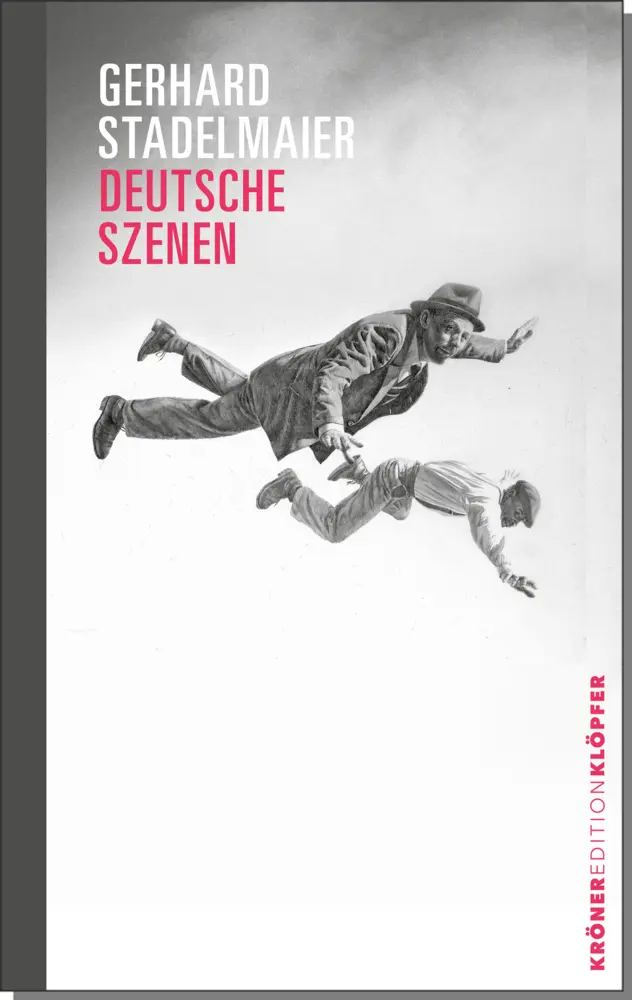13,95 €
Versandkostenfrei per Post / DHL
Lieferzeit 1-2 Wochen
A key theme of Gayatri Spivak's work is agency: the ability of the individual to make their own decisions. While Spivak's main aim is to consider ways in which "subalterns" - her term for the indigenous dispossessed in colonial societies - were able to achieve agency, this paper concentrates specifically on describing the ways in which western scholars inadvertently reproduce hegemonic structures in their work.
Spivak is herself a scholar, and she remains acutely aware of the difficulty and dangers of presuming to "speak" for the subalterns she writes about. As such, her work can be seen as predominantly a delicate exercise in the critical thinking skill of interpretation; she looks in detail at issues of meaning, specifically at the real meaning of the available evidence, and her paper is an attempt not only to highlight problems of definition, but to clarify them.
What makes this one of the key works of interpretation in the Macat library is, of course, the underlying significance of this work. Interpretation, in this case, is a matter of the difference between allowing subalterns to speak for themselves, and of imposing a mode of "speaking" on them that - however well-intentioned - can be as damaging in the postcolonial world as the agency-stifling political structures of the colonial world itself. By clearing away the detritus of scholarly attempts at interpretation, Spivak takes a stand against a specifically intellectual form of oppression and marginalization.
A key theme of Gayatri Spivak's work is agency: the ability of the individual to make their own decisions. While Spivak's main aim is to consider ways in which "subalterns" - her term for the indigenous dispossessed in colonial societies - were able to achieve agency, this paper concentrates specifically on describing the ways in which western scholars inadvertently reproduce hegemonic structures in their work.
Spivak is herself a scholar, and she remains acutely aware of the difficulty and dangers of presuming to "speak" for the subalterns she writes about. As such, her work can be seen as predominantly a delicate exercise in the critical thinking skill of interpretation; she looks in detail at issues of meaning, specifically at the real meaning of the available evidence, and her paper is an attempt not only to highlight problems of definition, but to clarify them.
What makes this one of the key works of interpretation in the Macat library is, of course, the underlying significance of this work. Interpretation, in this case, is a matter of the difference between allowing subalterns to speak for themselves, and of imposing a mode of "speaking" on them that - however well-intentioned - can be as damaging in the postcolonial world as the agency-stifling political structures of the colonial world itself. By clearing away the detritus of scholarly attempts at interpretation, Spivak takes a stand against a specifically intellectual form of oppression and marginalization.
Dr Graham Riach holds a PhD from Emmanuel College, Cambridge, on contemporary South African literature. A specialist in postcolonial literature, he currently teaches at the University of Oxford.
Ways In to the Text Who is Gayatri Chakravorty Spivak? What does Can the Subaltern Speak Say? Why does Can the Subaltern Speak Matter? Section 1: Influences Module 1: The Author and the Historical Context Module 2: Academic Context Module 3: The Problem Module 4: The Author's Contribution Section 2: Ideas Module 5: Main Ideas Module 6: Secondary Ideas Module 7: Achievement Module 8: Place in the Author's Work Section 3: Impact Module 9: The First Responses Module 10: The Evolving Debate Module 11: Impact and Influence Today Module 12: Where Next? Glossary of Terms People Mentioned in the Text Works Cited
| Erscheinungsjahr: | 2017 |
|---|---|
| Genre: | Allgemeine Lexika, Importe |
| Rubrik: | Literaturwissenschaft |
| Medium: | Taschenbuch |
| Inhalt: | Einband - flex.(Paperback) |
| ISBN-13: | 9781912127504 |
| ISBN-10: | 1912127504 |
| Sprache: | Englisch |
| Einband: | Kartoniert / Broschiert |
| Autor: | Riach, Graham |
| Hersteller: | Macat Library |
| Verantwortliche Person für die EU: | Libri GmbH, Europaallee 1, D-36244 Bad Hersfeld, gpsr@libri.de |
| Maße: | 198 x 129 x 7 mm |
| Von/Mit: | Graham Riach |
| Erscheinungsdatum: | 05.07.2017 |
| Gewicht: | 0,125 kg |










